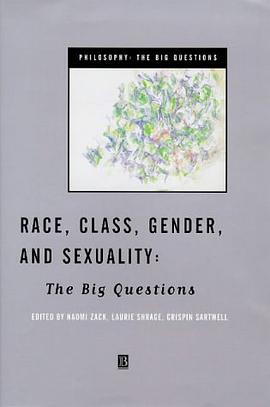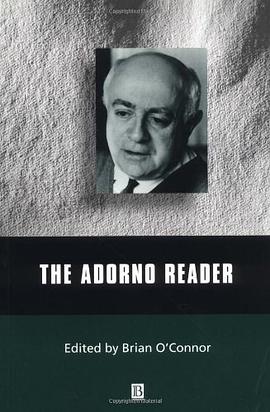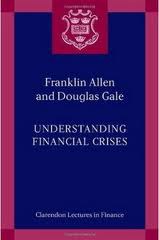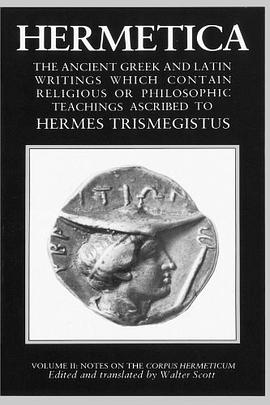

C. Fred Alford interviewed working people, prisoners, and college students in order to discover how people experience evil -- in themselves, in others, and in the world. What people meant by evil, he found, was a profound, inchoate feeling of dread so overwhelming that they tried to inflict it on others to be rid of it themselves. A leather-jacketed emergency medical technician, for example, one of the many young people for whom vampires are oddly seductive icons of evil, said he would "give anything to be a vampire".Drawing on psychoanalytic theory, Alford argues that the primary experience of evil is not moral but existential. The problems of evil are complicated by the terror it evokes, a threat to the self so profound it tends to be isolated deep in the mind. Alford suggests an alternative to this bleak vision. The exercise of imagination -- in particular, imagination that takes the form of a shared narrative -- offers an active and practical alternative to the contemporary experience of evil. Our society suffers from a paucity of shared narratives and the creative imagination they inspire.
具体描述
读后感
评分
评分
评分
评分
用户评价
Sadly, I felt a little bit shocked, disappointed and pitiful that philosophy (presumably, as Kord called it) had to borrow methodologies from social science. But it distorted in part the practicability with a philosophical explanation. This approach made the project (at least methodologically) neither fish nor fowl
评分Sadly, I felt a little bit shocked, disappointed and pitiful that philosophy (presumably, as Kord called it) had to borrow methodologies from social science. But it distorted in part the practicability with a philosophical explanation. This approach made the project (at least methodologically) neither fish nor fowl
评分Sadly, I felt a little bit shocked, disappointed and pitiful that philosophy (presumably, as Kord called it) had to borrow methodologies from social science. But it distorted in part the practicability with a philosophical explanation. This approach made the project (at least methodologically) neither fish nor fowl
评分Sadly, I felt a little bit shocked, disappointed and pitiful that philosophy (presumably, as Kord called it) had to borrow methodologies from social science. But it distorted in part the practicability with a philosophical explanation. This approach made the project (at least methodologically) neither fish nor fowl
评分Sadly, I felt a little bit shocked, disappointed and pitiful that philosophy (presumably, as Kord called it) had to borrow methodologies from social science. But it distorted in part the practicability with a philosophical explanation. This approach made the project (at least methodologically) neither fish nor fowl
相关图书
本站所有内容均为互联网搜索引擎提供的公开搜索信息,本站不存储任何数据与内容,任何内容与数据均与本站无关,如有需要请联系相关搜索引擎包括但不限于百度,google,bing,sogou 等
© 2025 book.wenda123.org All Rights Reserved. 图书目录大全 版权所有




















